Year in Review
The sledges that hurt most

Getting sledged by opposition players and their parents was the norm. Some of them said it just quietly enough for only me to hear. It still hurt, but I would never show it. Most of the time it was when I scored runs. Some parents take things too seriously.
It is for this reason why so many of my friends, most of whom were born outside Australia, didn’t support Australia in sporting contests. I didn’t either.
Especially in cricket. It was either West Indies, Pakistan, India, Sri Lanka. Anyone else. It’s probably why Brian Lara was my favourite cricketer. Let’s be honest, he was pretty good!
In hindsight, the fact we didn’t support Australia is disappointing. Everything that was going on in our childhood and around us built up this resentment of the Australian cricket team.

When I did take a look at Instagram there were hundreds of messages. I didn’t read many initially, but with so much time on my hands I found myself going back to them.
There was some disturbing stuff, people saying they hoped I got hit by a car, hoped I got cancer. It was pretty full-on.
One was a guy writing about someone in his family having been the victim of a one-punch incident. I hadn’t really thought about it until that moment, the damage I could have done.
I could never see myself in a fight on the street, at a pub or club, anything like that, but I’m definitely far more conscious that one punch can kill.
I tracked down a number for the boxer Danny Green, who’s become an ambassador for the ‘one punch’ awareness campaign. I reached out and he was really supportive.

I felt stuck. The harder I tried, the further back I went. My eyes and my soul felt heavy. I just couldn’t see a way through. And that’s when the tears hit me.
It was a big moment, a cleansing moment. It was the realisation that I wasn’t ready to be the surfer I wanted so badly to be. I had put so much of my self worth and imagination into what I was doing. When you tell yourself, ‘This isn’t where I want to be’, you take a hit to the heart.
I finished 2016 in eighth place on the standings.
By the numbers, it was my worst year. I had been a top-five surfer since joining the tour, including three runner-up finishes.
But, in so many ways, it was my best.

My passion for rugby has always burned brightly. It is barely a candle now, just faintly flickering, and it could extinguish entirely unless I find a way to reconcile all the things that have happened over the past month.
Part of me just wants to stay in Perth and make them pay me for next year. A big, ‘Stuff you’ for all the mistakes the ARU has made along the way that led to our demise. Part of me thinks about going overseas. And part of me is pretty excited about this new comp Twiggy Forrest is backing that could potentially be up and running next year.
It still feels like a bad dream. Sometimes you think you’ll wake up from it and go, ‘That was terrible, but everything’s OK’. But it’s not. Every day since the Force’s execution was confirmed has been worse than the one before.
Guys are looking for contracts and trying to organise their lives. That’s not easy. Super Rugby teams are pretty much full for next season and there is an argument going on between the ARU and franchises over who is liable to pay out existing contracts for Force players. Overseas markets are closed, too.
We’ve pretty much been left high and dry at the worst time of the year.

My Dad’s name is Dempsey.
The story goes that my Grandma was watching TV one day and saw footage of Jack Dempsey, the great American heavyweight champion. She liked the name and gave it to Dad. She wasn’t all that into boxing, but Dad grew up loving it.
He had a disability. As a baby, someone stood on one of his legs so he had one leg smaller than the other one. He couldn’t box but he had a lot of street fights. He lived in Samoa and men – young, energetic and full of testosterone – would fight in the streets. Nothing organised. Just spur-of-the-moment stuff.
He told me when I was a kid, ‘Never, ever fight in the street. If you want to fight, it has to be in the ring.’ I obeyed him. To this day, I have never had a street fight.
Dad has worked at the local steel plant for 30 years. He makes the big stands that the steel goes through when it’s in molten form. They weigh three or four tons each.
My Mum, Sala, worked in a fruit market, sold clothes … she had so many jobs. Something like ten. And she studied, too. She was one of 24 children in her family back in Samoa and Dad was one of 17. They worked really hard to give me, my Sister and Brother a chance.
More about: Pek Cowan | Sally Fitzgibbons | Usman Khawaja | Year In Review
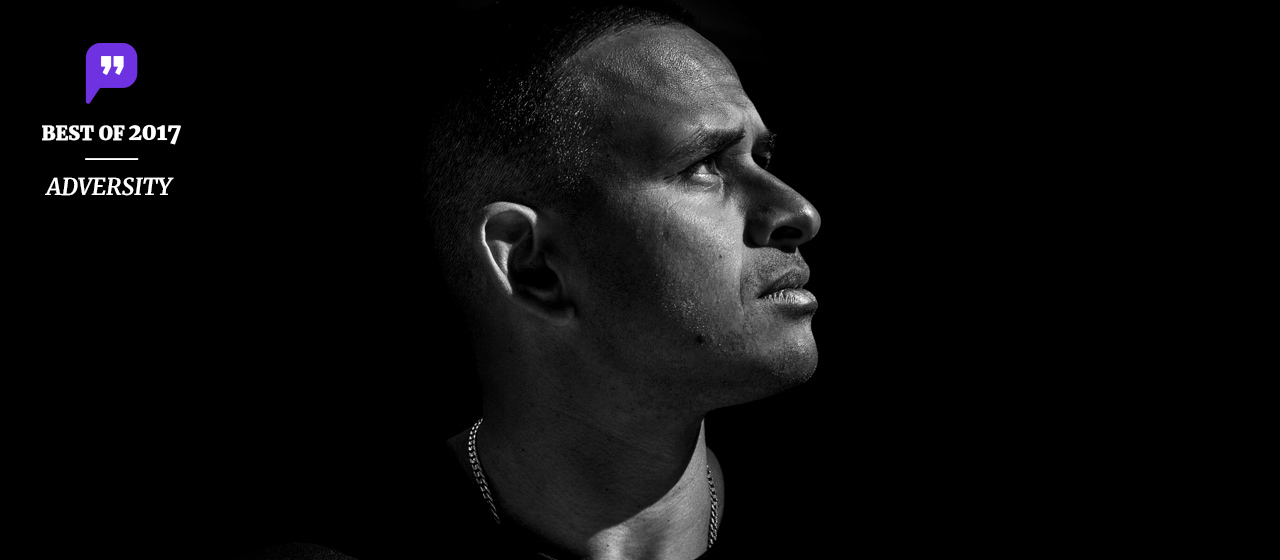
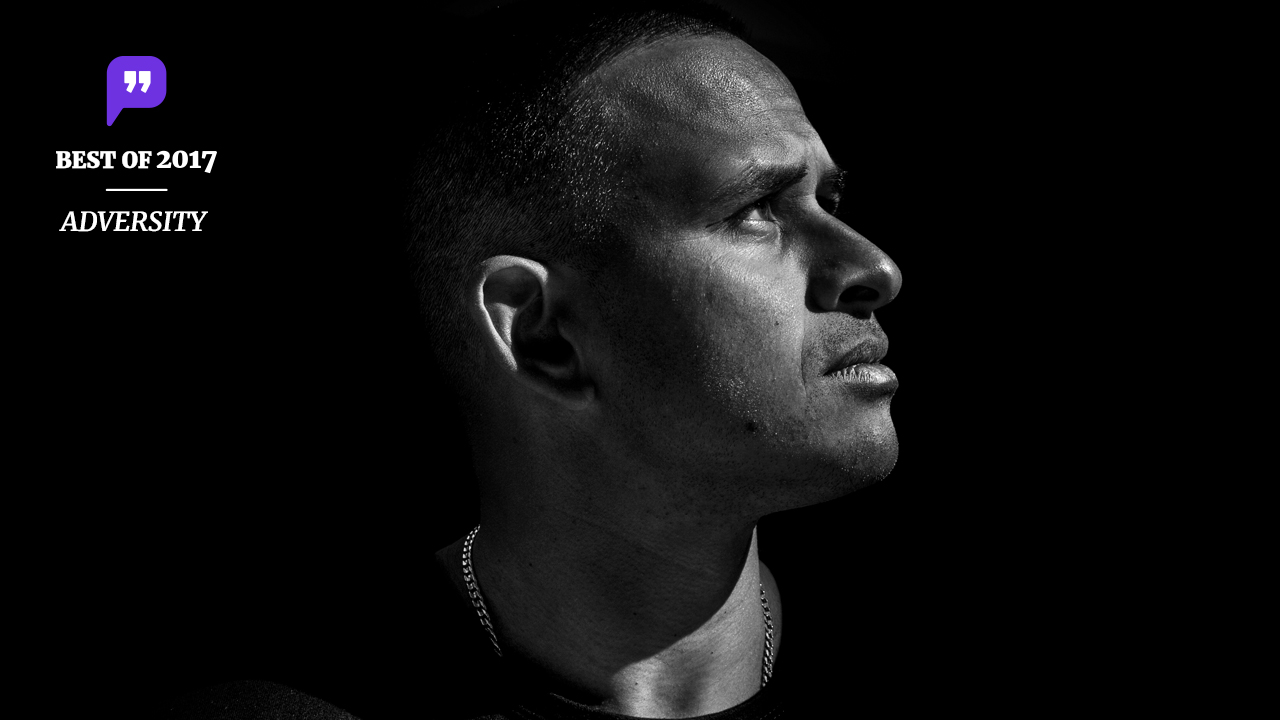
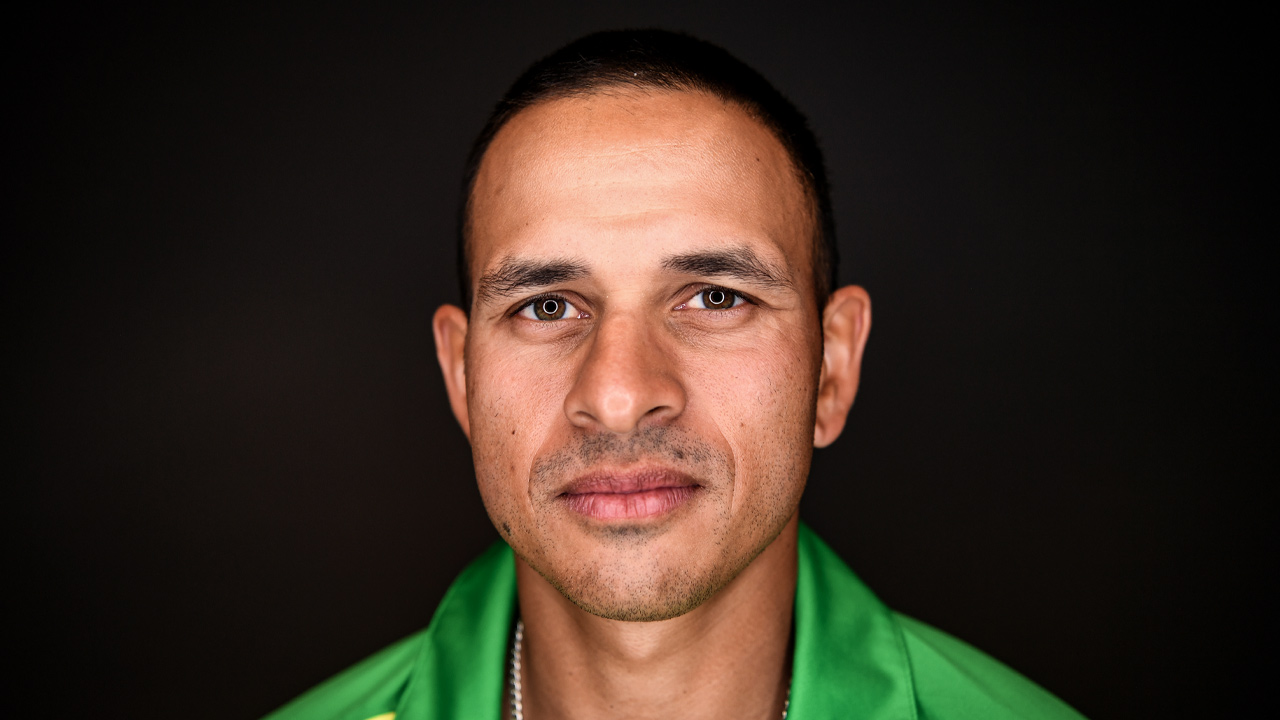
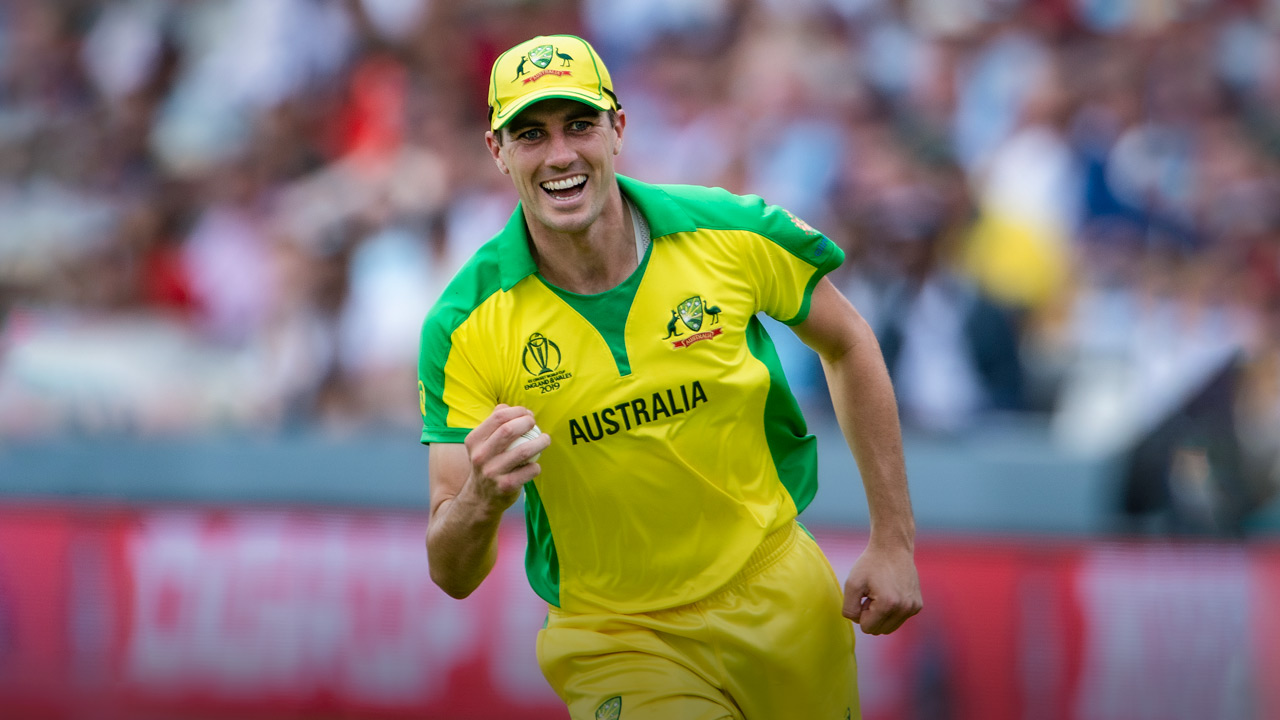
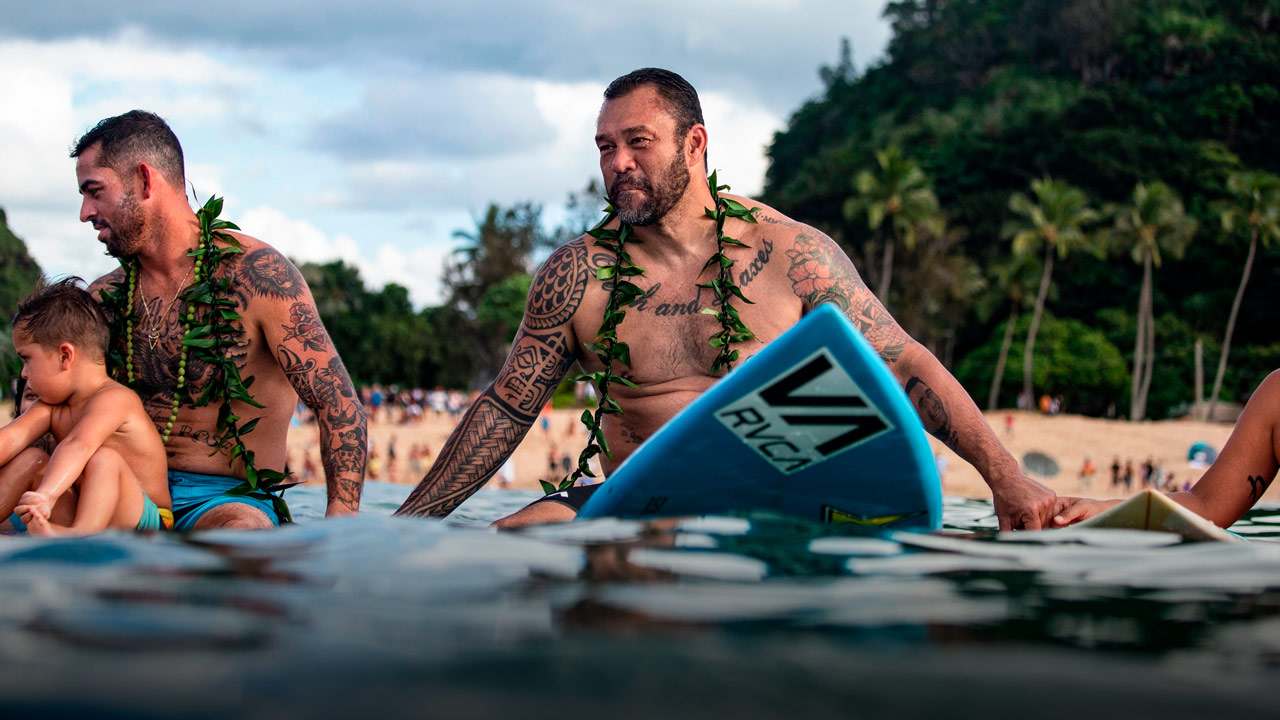
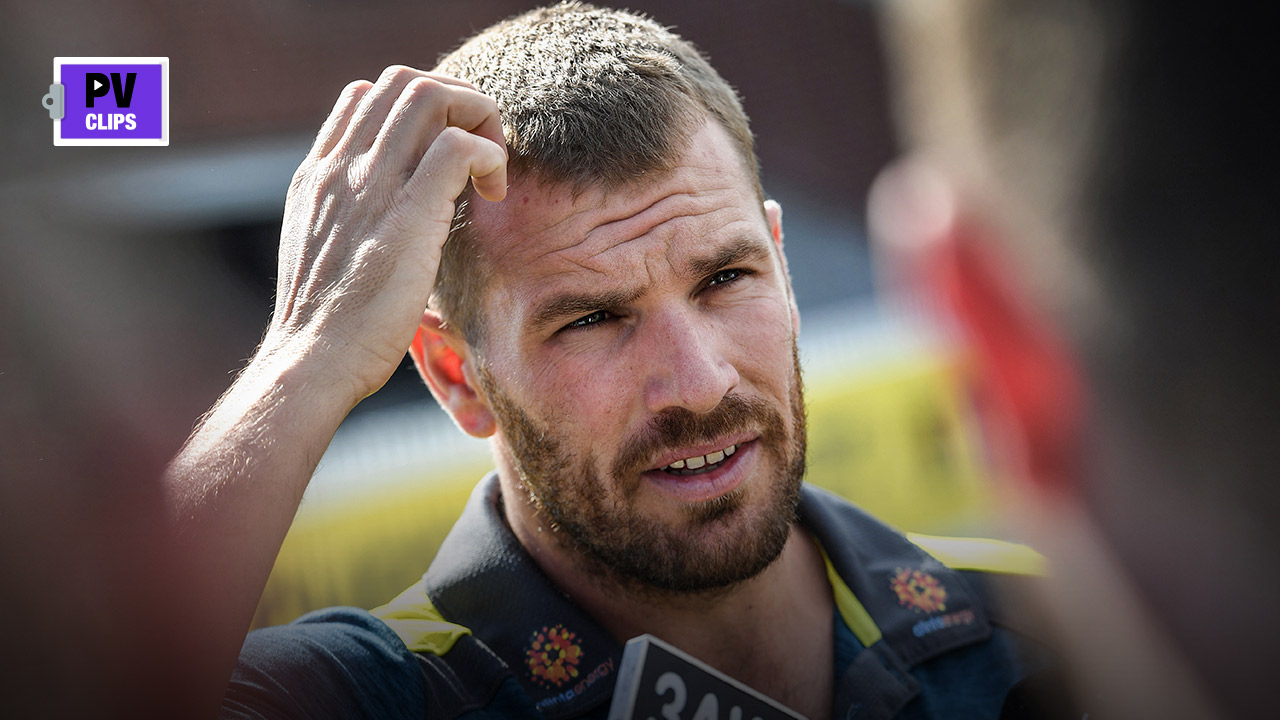
 Load More
Load More